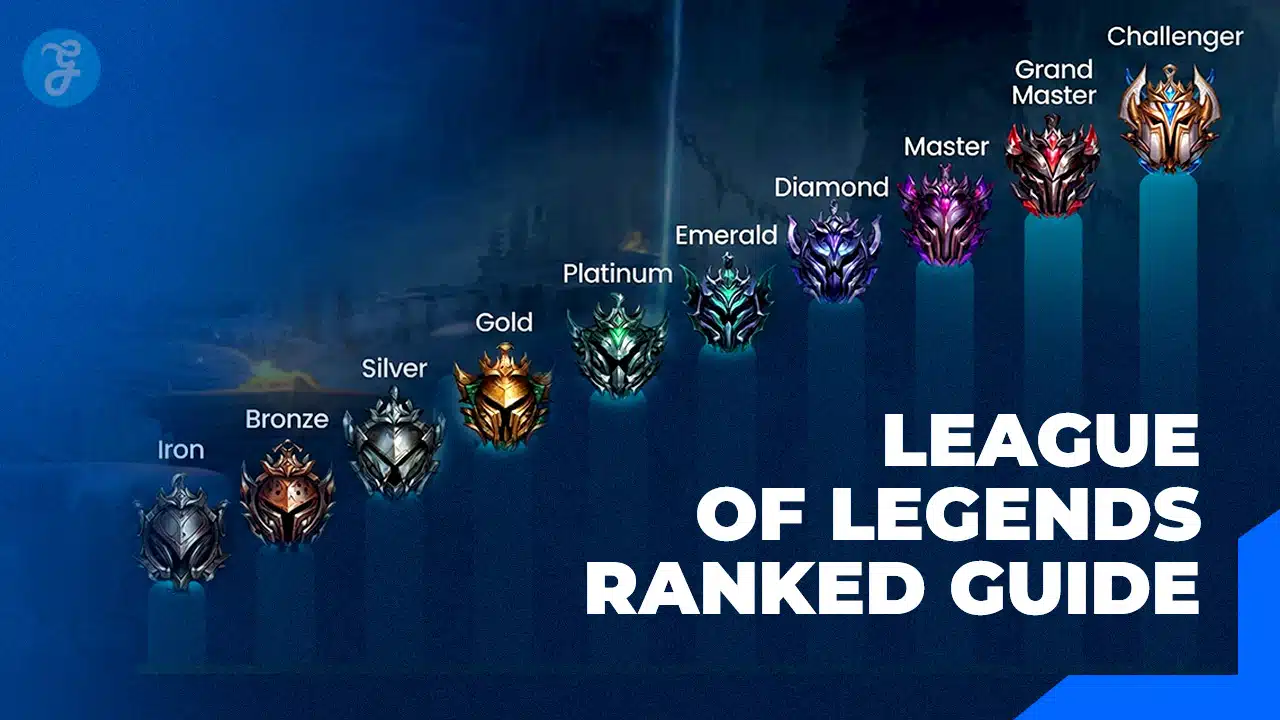Owning a home is an exciting milestone but involves a lot of preparation. Unless you have significant cash to buy a property outright, applying for a mortgage is essential to homeownership.
A mortgage application is a formal request you submit to a lender when seeking a loan to finance a home purchase. You may need to provide various documents demonstrating your income, employment, and assets during the application process.
Every mortgage application aims to gauge whether you’re financially stable enough to repay the loan. In February 2024, the rejection rate for mortgage applications increased to 22.5 percent from 13.0 percent in October 2023.
Lenders turn down mortgage applications for numerous reasons, ranging from insufficient income to poor credit history and the property not appraising at the expected value. Regardless, understanding what lenders look at can help you prepare and improve your approval chances.
In this article, we’ll discuss the key things you must consider when applying for a mortgage. We’ll also explain how to secure the necessary financing to purchase your dream home.
Assess the Property You’re Looking To Buy
Assessing what kind of property you’re looking for is critical to securing the right mortgage. It helps ensure that the home you want to purchase aligns with your lifestyle and financial requirements.
When you determine factors like the home size and location, you can strategically narrow down your options and focus on properties that suit your needs and preferences. Hence, take the time to understand your housing needs and make informed choices for your mortgage application.
Understand Your Financial Position
The mortgage loan application will require you to provide details about your financial health. Lenders must ensure you’re financially ready and stable to handle your mortgage payments well. So expect them to evaluate your bank statements, spending habits, and income.
Before starting a mortgage application, examine your credit and financial situation. This allows you to set realistic goals and determine areas for improvement. Here are the financial factors you must consider to qualify for a mortgage:
Good credit score
Your credit score is crucial. It determines whether you can secure a mortgage and what interest rate you’ll be offered. The minimum credit score lenders require for conventional mortgages is usually around 620. Although alternatives exist for bad credit, they may cost you more in the long run.
Boost your credit by making on-time payments. This covers all bills, including credit cards, utilities, phone bills, and any service reported to credit agencies. Note that one late payment can harm your credit score. Likewise, avoid applying for too much credit as it causes a hard inquiry on your credit report.
Such inquiries can temporarily lower your score. Focus on managing your credit responsibly. Credit risk management expert Luke Patterson said, “Working with a mortgage broker can be valuable in preparing to boost your score before applying for a mortgage.” They can examine your credit report with you and develop a targeted plan to improve it.
Low debt-to-income ratio
A low DTI (debt-to-income ratio) is critical for getting a mortgage. It shows lenders that you’re good at managing money and can afford the costs of owning a home. It checks how much of your monthly income goes towards paying off debts.
The acceptable DTI ratio varies between lenders, but most mortgage lenders prefer a DTI lower than 36 percent. Reducing your DTI can increase your likelihood of getting approved for a mortgage with better terms. You can do that by paying down high-interest debt or avoiding incurring credit card debt.
Reliable income source
Lenders must ensure you can repay what you borrow so they check if you have a steady and reliable income source. The amount of income you need depends on how much you’re borrowing. But if you’re borrowing significant sums, lenders usually expect a higher income to ensure you can handle the payments.
Sufficient down payment
Having a sufficient down payment is a common barrier to homeownership. To get better mortgage terms, save at least 20 percent of the property’s price.
While loans with a minimum down payment of below 20 percent of the property’s price are available, you should offer a higher down payment. It can boost the chance of your loan application’s approval.
Remember, the more money you pay upfront, the less you’ll need to borrow, meaning lower monthly payments and less interest over the life of your loan.
Learn the Mortgage Application Process
Applying for a mortgage is the first official step in getting a home loan. At this stage, you have to approach a mortgage lender. It’s usually best to begin with the lender who gave you preapproval.
Although optional, a mortgage preapproval tells you the maximum amount a mortgage lender will lend you. This information is valuable when looking for a property, making you more attractive to home sellers. Still, consider comparing offers from other lenders to secure the best possible terms.
You can submit an offer for your desired property with a preapproval letter. At this point, you’ll typically deposit your earnest money. This deposit secures your offer and shows you’re serious about buying the home.
Once your offer on a new home is accepted, you can finalize your choice of a mortgage lender and complete a mortgage application. Consider working with a mortgage broker. They can streamline the process, helping you save time, effort, and money.
Prepare the Necessary Documentation
Securing a mortgage requires extensive documentation. The lender will carefully check your financial history to ensure you can pay back borrowed money. That means they will ask you to provide various documents to verify that you have sufficient credit, income, and assets to be eligible for a mortgage loan.
Tracking down these documents can be time-consuming. Organizing the documentation beforehand can make the process easier and show lenders you’re ready. Responding quickly when the lender requests documents can give you an advantage over other potential buyers.
That’s particularly crucial in a competitive market where sellers receive numerous offers. When your paperwork is in order, you can easily enter a contract. But you must also ensure that your information is comprehensive and accurate.
The documents needed for a mortgage application can be specific to lenders. However, every lender typically asks you to complete the Uniform Residential Loan Application form. This standardized form helps lenders gather the information needed to evaluate a mortgage borrower’s creditworthiness.
Work With an Appropriate Mortgage Lender
Generally, working with a mortgage lender doesn’t involve many steps. However, since you’ll be working with the lender for a long time, it’s worth trying to find the most appropriate one. You must feel comfortable with the mortgage company handling your loan.
Many aspects of the mortgage process are similar among all lenders. While the application is relatively standard among lenders, some differences can influence the fees incurred and the service you get. Shopping around different lenders lets you find variations that can help you save money.
Below are some questions to ask before you decide to work with a mortgage lender and complete your applications.
- What types of mortgage loans are available?
- What’s the best interest rate you can qualify for?
- How much interest you’ll be paying on the loan?
- What are the estimated closing costs and fees?
- What will the fees and payments look like?
- How much is the minimum down payment requirement?
- What credit and income qualifications do you need?
- Does the lender charge mortgage points?
- Do you impose a prepayment penalty?
- How long should the entire mortgage process take?
Asking these questions enables you to compare lenders and select the best fit for you. Remember, the terms of your mortgage will significantly impact your financial stability after closing. Thus, ask the lender a handful of questions until you find the one that offers the best mortgage at the right price.
The Bottom Line
Qualifying for a mortgage can feel intimidating, whether buying a home for the first time or re-entering the housing market. However, you’ll be more confident about going through the application process when you’re financially prepared and aware of what lenders consider during loan evaluations.
Understanding the process and lenders’ requirements allows you to organize finances and qualify for a mortgage. This preparation can help you secure better terms and avoid unnecessary financial worries when purchasing and owning a home.












































